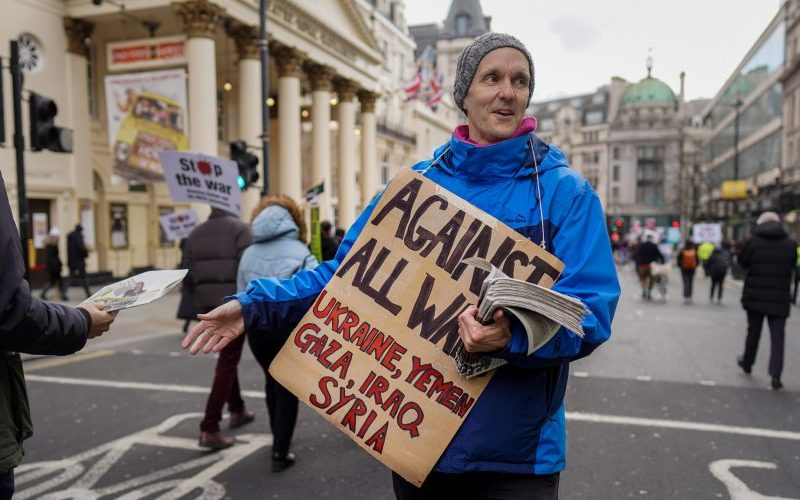
Orbán’s Fidesz party is undermining gender equality in Hungary
Self-proclaimed “conservatives” and members of the far-right like to promote the archaic worldview that women should be homemakers while men go to work to provide for their families. Recently, Orbán’s Hungary made the international headlines once again because the government-allied economic watchdog of the parliament released a report full of such sexist claims and narratives.

Autocracy and War: Russian-Middle Eastern ties and the Ukraine War
In the past few years, Middle Eastern governments have deepened their ties with the Kremlin. Vladimir Putin and his regime were equally enthusiastic about intervening in Middle Eastern politics and propping up the region’s autocracies to restore Russia’s status as a global superpower. Today, both sides collaborate on various political and security issues affecting the Middle East. This relationship now influences how various Middle Eastern governments respond to the ongoing war in Ukraine. The response has been mostly ambivalent, as most of the region’s governments see Russia as a valuable ally that they cannot afford to alienate.

Viktor Orbán at CPAC: Why Republicans admire the Hungarian strongman
On August 1st, Hungarian prime minister Viktor Orbán travelled to the United States to speak at the Conservative Political Action Conference (CPAC) in Dallas, Texas. Despite the recent outrage due to his racist remarks during a speech in Romania just the week before, Orbán’s invitation to speak at the conservative conference was not cancelled. Before the start of CPAC, Orbán even met Trump, who called him his “friend” and acknowledged Orbán’s expertise in world affairs. But where does this admiration for Orbán, the leader of a small eastern European country, come from?

